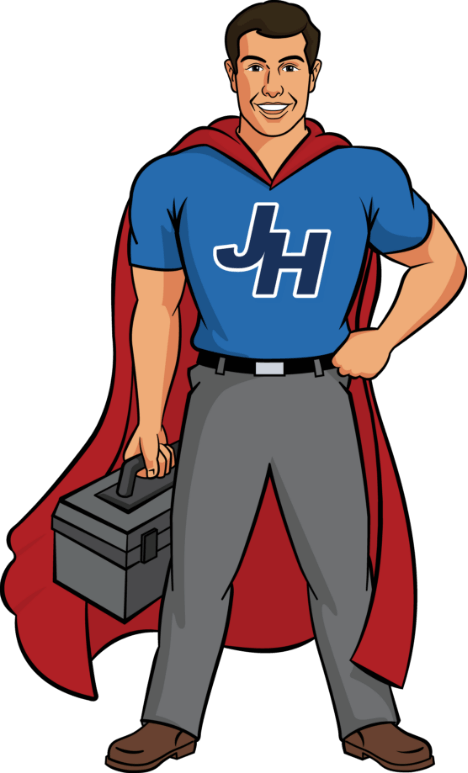My grandson was less than 24 hours old on Tuesday when he wrapped his little hand around my finger. It seemed to be his way of saying I need and trust you; please protect me. I gladly accepted that responsibility as I have for all 14 of our grandchildren. The responsibilities of grandparents to grandchildren are sacred.
This beautiful baby is blessed to have people around him that take their responsibilities seriously. His parents will love and protect him as they have his four sisters. They are very responsible and will nurture him to adulthood. I will do everything within my powers to protect my grandchildren including using the oath to my trades to go that extra mile!
I take my oath to the plumbing and HVAC trades very seriously; it is to protect the community and improve the quality of life for all. Protecting our community is a bigger challenge than many realize because it truly goes far beyond installation and service.
As a society, we are vulnerable and at-risk in so many areas. The two greatest threats to our basic health and survival appear to be the overall decline in the quality of our air and water. It’s hard to downplay our current effect on the environment. Truth is a patient hunter.
Obvious indications of failure on our “scorecard” are the decline of wildlife. Sadly, we are losing the battle, and it’s time to talk about some risks and what we all can do.
I remember seeing large quantities of frogs at night hopping on country roads in the light beams of my parent’s car. Insects were abundant for those frogs. Where did all the bugs and frogs go?
There were also jackrabbits and coveys of quail on our farm. The distinctive sound of pheasants could always be heard flying in the distance. Birds were everywhere singing comforting songs. I remember lying in bed with the windows open during the darkness of night, while the “wildlife orchestra” played outside. It’s much quieter now.
The Platte River had an abundance of fish. Carp could always be seen with their backs sticking out of shallow waters as they swam to deeper water. Since the Platte River provided so many childhood memories, it became a dream to be close to it. Deb and I purchased a small cabin by the Platte River a few years ago.
Our Platte River cabin has provided a great opportunity to enjoy nature and understand our role better. We soon realized there were things we needed to do differently. There was no need for harsh yard chemicals to get lush bluegrass because drought-resistant Varieties of grasses are fine and night crawlers will survive better. We found basil grows easily and is delicious. So are nettles after they are blanched!
We discovered plantings to help attract butterflies and hummingbirds. We enjoy feeding the squirrels and birds. The wild geese and goslings seem at home in our yard. It’s okay if the deer eat our Hostas.
We have plants mosquitos avoid. It’s better to repel the mosquitos than put chemicals on our skin or spray our yards to keep them away.
We reduced our chemical usage in basically all areas. Our septic tank requires special consideration to keep the “good bugs” alive in it to promote sewage digestion. No longer do we put chemicals in our toilets to keep them “fresher”.
We have a well and installed a reverse osmosis (R.O.) system (approximately $575 installed) because it’s one of the best ways to remove harmful chemicals in drinking water. It supplies tasty tap water at our kitchen sink and clearer ice. Refrigerator water filters last considerably longer too. We learned bottled water is an unhealthy choice.
Speaking of the quality of water, the Lincoln Water System (LWS) shared their water quality report lately, and overall, our drinking water is fairly good. LWS does a very responsible job, however, they are limited to what is available to them from us!
Their recent LWS report showed arsenic levels from horizontal wells (across the Platte River from our cabin) are at 9.8 parts per million, which is slightly below the acceptable level. Some arsenic is natural, but levels can be elevated by overuse of fertilizers, herbicides, coal burning, and a variety of other processes.
Future generations are relying on us. There has never been a more important time than now to consider our roles. It’s a great time to ask what we can do to be more environmentally friendly?
